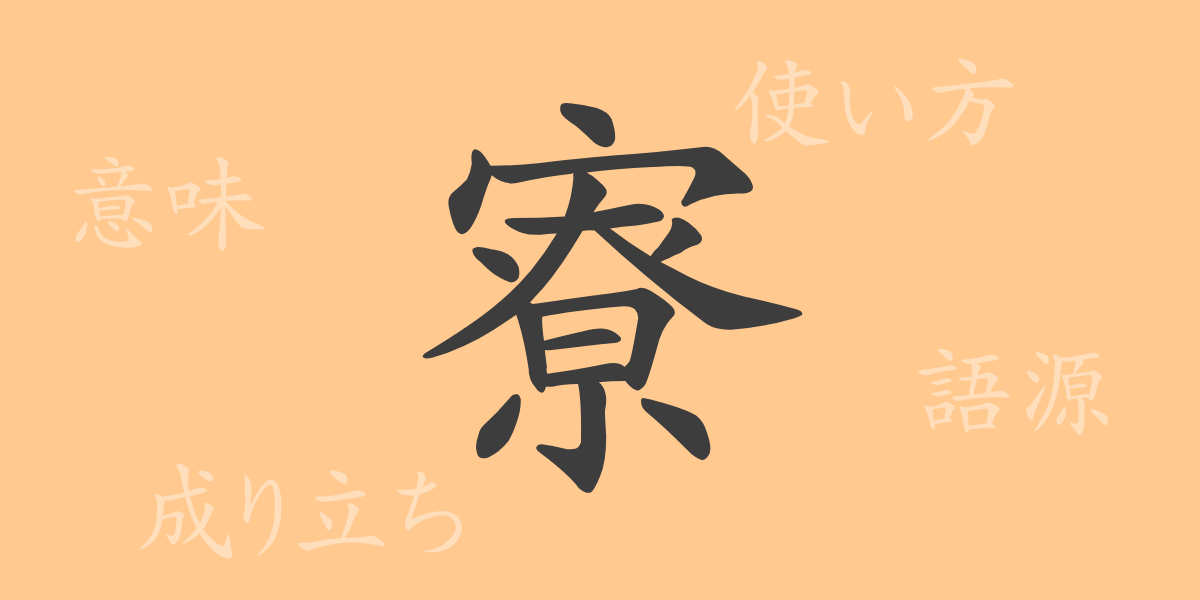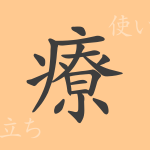In Japanese culture, the term “寮 (ryou)” holds a special place among a diverse range of people, from students to working professionals. “寮 (ryou)” has played a significant role at various milestones in life, such as friendships during student days and the first step towards independence as a working adult. This article delves into the origin, meaning, usage, and idiomatic expressions of “寮 (ryou),” exploring its unique charm.
Origin of 寮 (ryou)
The term “寮 (ryou)” can trace its origins back to ancient Chinese literature. Originally, the character “僚 (ryou)” was used to refer to facilities where bureaucrats and employees lived together. In Japan, the character “寮 (ryou)” began to be used during the Heian period, signifying places where people lived communally, such as temples and schools.
Meaning and Usage of 寮 (ryou)
In modern Japan, “寮 (ryou)” primarily refers to facilities where people live together. Its uses are diverse, including student dormitories, employee dormitories, and training dormitories. Additionally, “寮 (ryou)” is not just a physical building but also symbolizes the communal living and community within it.
Reading, Stroke Count, and Radical of 寮 (ryou)
“寮 (ryou)” is a commonly used kanji in Japanese, with the following structure:
- Reading: On’yomi (Chinese reading) is “リョウ (ryou),” and there is no Kun’yomi (Japanese reading).
- Stroke Count: It has a total of 15 strokes.
- Radical: 宀 (ukanmuri)
Idioms, Phrases, and Proverbs Using 寮 (ryou)
Here are some idioms and phrases that include “寮 (ryou)”:
- 学生寮 (がくせいりょう, gakuseiryou): A facility where students live together.
- 社員寮 (しゃいんりょう, shainryou): A residential facility for company employees.
- 寮監 (りょうかん, ryoukan): A person who manages or supervises a dormitory.
- 寮生活 (りょうせいかつ, ryouseikatsu): Communal living in a dormitory.
These idioms and phrases strongly reflect the context of communal living that “寮 (ryou)” embodies.
Summary of 寮 (ryou)
The kanji “寮 (ryou)” signifies more than just a building. It represents the relationships built through communal living and marks a significant step towards independence, making it a special term for many people. We hope this exploration has provided an opportunity to rediscover the historical background and cultural value of “寮 (ryou).”
“`

























